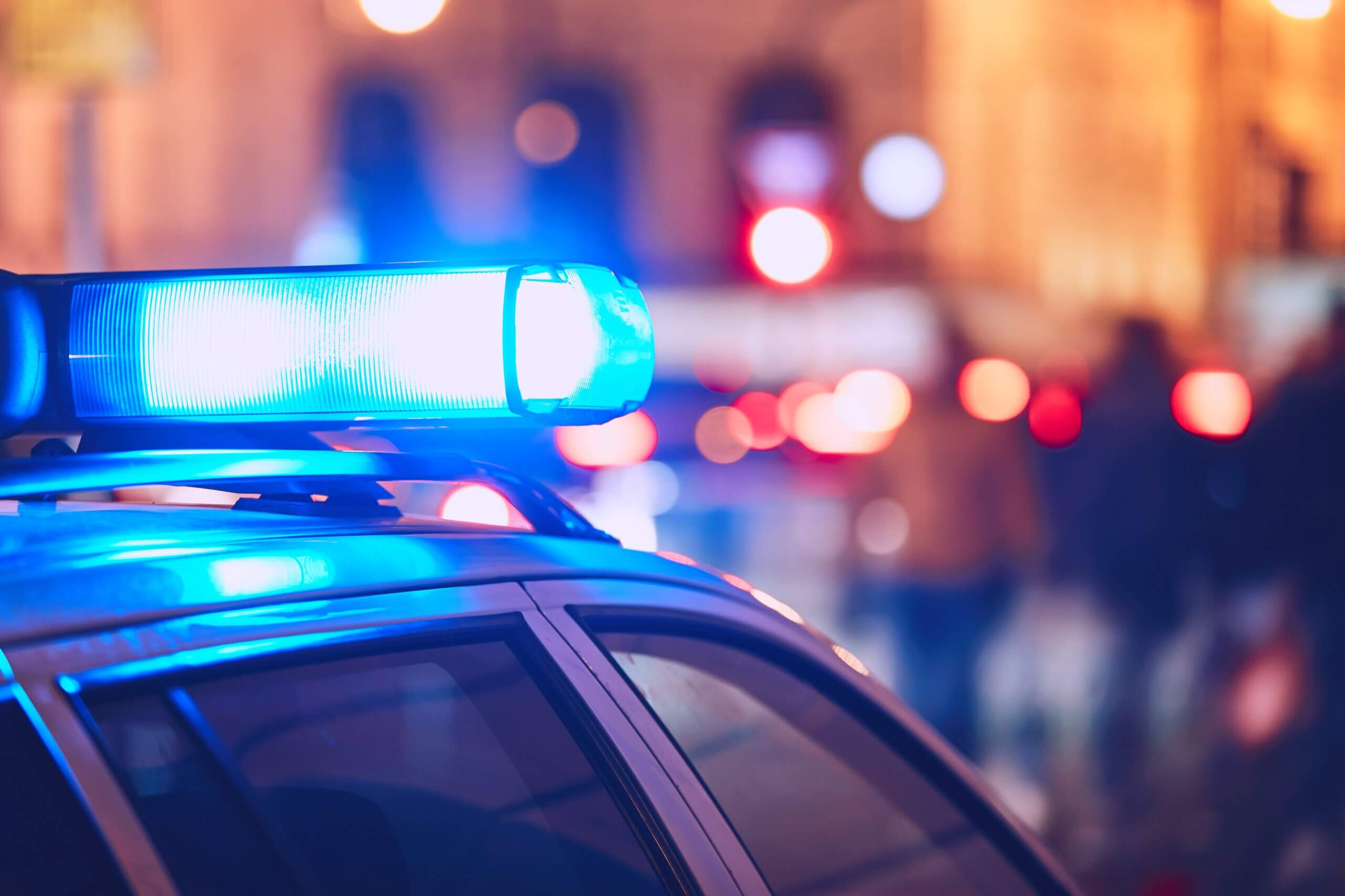Accidents, regardless of their severity, are often accompanied by confusion, shock, and sometimes panic. One of the immediate questions that emerges in such instances is whether to call 911. From a minor fender-bender to a major collision, every scenario carries its own considerations. This complexity is why it is essential to have a clear understanding of the role of emergency services in the aftermath of a car accident and how their involvement can impact subsequent events.
The Immediate Aftermath of an Accident
The immediate aftermath of an accident can be a disorienting experience. Your mind might be racing with a flurry of questions and concerns. It’s crucial, during these moments, to prioritize safety above all.
First and foremost, check for injuries. Begin with yourself; ascertain if you’re hurt. Even minor discomfort could potentially indicate a significant injury masked by the adrenaline rush that often follows an accident. If you’re able to, check on others involved in the accident, including your passengers or other drivers.
Next, if it’s safe and feasible, move out of the pathway of traffic. This step minimizes the risk of subsequent accidents and keeps the road clear for emergency vehicles if they’re needed. If you can’t move your vehicle, try to exit and find a safe distance away from the road until help arrives.
When to Call 911 After an Accident
In any situation where there’s an immediate threat to life or property, you should call 911. This includes scenarios where someone is seriously injured, unconscious, or experiencing acute pain. Likewise, if there’s a risk of fire, you’re obstructing traffic and can’t move your vehicle, or if another driver involved seems impaired or flees the scene, contacting emergency services is a must.
For accidents that don’t pose an immediate danger, the decision to call can be more nuanced. Even in seemingly minor accidents, there can be unforeseen complications. For example, what might appear to be a minor injury could worsen over time. Or, a seemingly amicable situation can take a negative turn if the other party changes their account of the accident.
Given these potential complications, it’s generally a good idea to err on the side of caution and call 911 for all but the most minor accidents. A record of the call can serve as an official account of the incident, which could be beneficial in any subsequent legal proceedings.
Legal Obligations for Reporting Accidents in Mississippi
In Mississippi, the law places specific requirements on drivers involved in an accident. The driver of any vehicle involved in an accident resulting in death, injury, or property damage over $500 must report the accident immediately to the local police department, county sheriff, or Mississippi Highway Patrol.
Besides the legal implications if you do not report an accident, failure to report can complicate your personal injury claim should you decide to pursue one. Without an official report, it may be more difficult to prove the circumstances of the accident and your resulting injuries.
The Role of 911 Calls in Personal Injury Claims
The impact of a 911 call extends beyond immediate assistance; it can also play a crucial role in a personal injury claim. These calls are usually recorded and can provide an official, timestamped record of events, serving as powerful evidence in any legal proceedings that may follow the accident.
The information shared during the call can help establish crucial facts about the accident. This might include the time of the accident, the apparent severity of injuries, and any potential causes of the accident, like a drunk or reckless driver. These details can reinforce your account of events, especially when other evidence is unclear or contested. However, it’s essential to remember that anything you say during a 911 call can also be used in court. Therefore, stick to the facts, avoid speculation about the cause of the accident, and don’t downplay your injuries.
Tips on What to Say When You Call 911
When calling 911, begin by providing your location and describing the accident scene—how many vehicles are involved, visible injuries, or immediate dangers like fire. Be sure not to underestimate your injuries; shock or adrenaline may mask the extent of potential harm. Be factual and succinct, helping emergency services respond effectively while also creating an impartial report of the incident. It’s important to remember that your safety and the safety of others is the primary concern in such situations.
Seeking Help If You’ve Been in an Accident
Understanding when and how to call 911 after an accident is crucial for your safety and potential legal proceedings. This decision not only ensures immediate response but also establishes an official account of the incident. If you’ve been in an accident and are facing potential legal challenges, reach out to the experienced team at Chatham Gilder Howell Pittman. We offer a free consultation to guide you through the complexities of your situation and help safeguard your rights.

